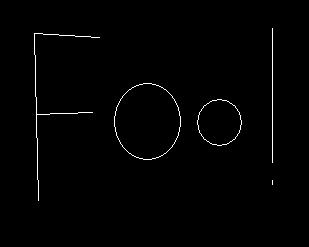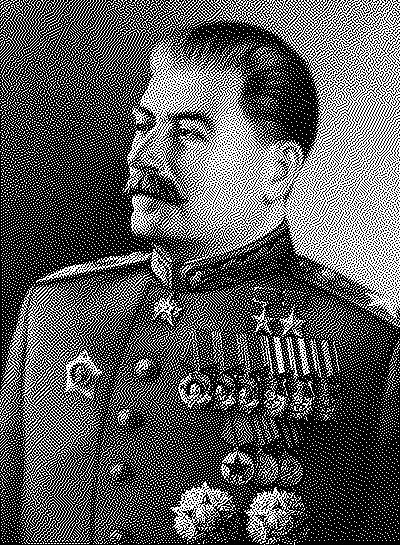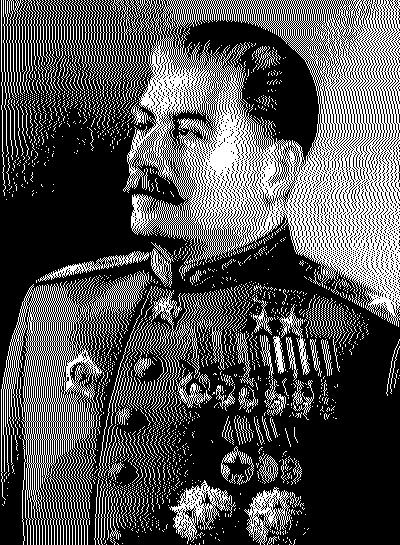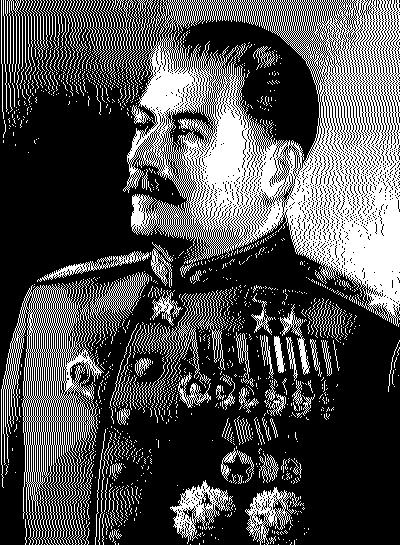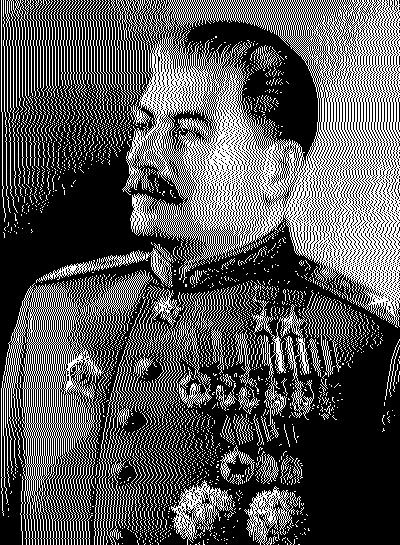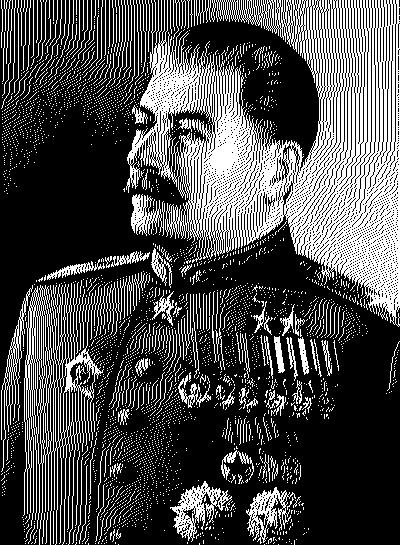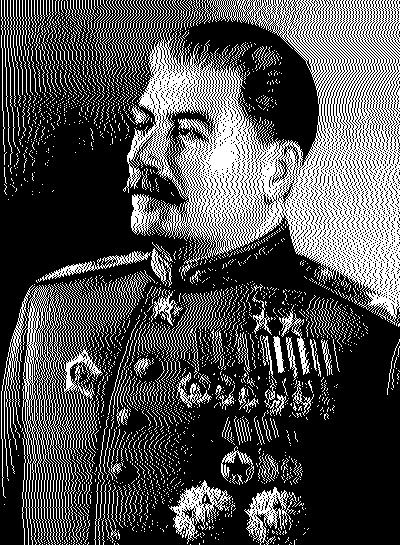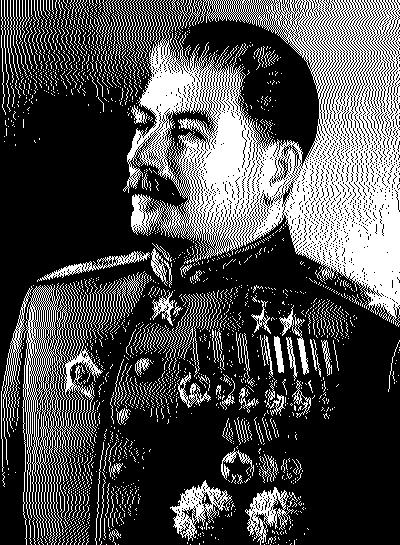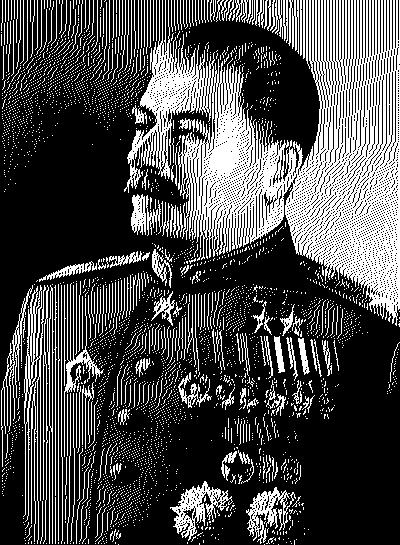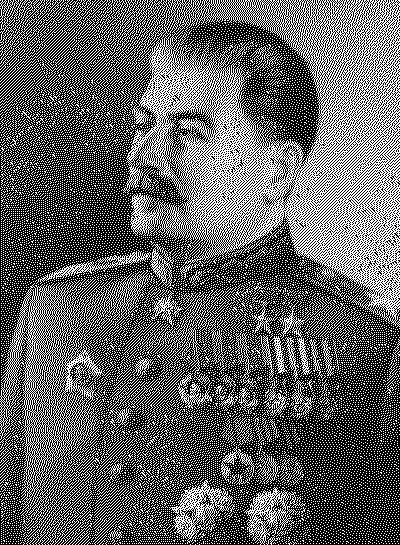This is useful Perforce old my scripts-helpers.
Common utils:
# Returns number of changelists, prints list of changelists
find_p4cl() {
p4 changes -u $USER -s pending|awk '
BEGIN { found=0 }
/^Change / {
p4cl[found, 0] = $2
p4cl[found, 1] = $4
w = match($0, /\*pending\* /)
if (w) d = substr($0, w + length("*pending* "))
else d = ""
p4cl[found, 2] = d
found++
}
END {
if (found) {
print "Available ChangeLists:"
print "======================"
for (i=0; i<found; i++) {
printf " %s on %s: %s...\n",
p4cl[i, 0],
p4cl[i, 1],
p4cl[i, 2]
}
}
exit found
}
'
}
# Input from user changelist (show default value if it one only).
# If no input, returns default
read_p4cl() {
local changelists _p4cl p4clhint
changelists=`find_p4cl`
if [ $? -eq 1 ]; then
_p4cl=`echo "$changelists"|awk 'NR==3{print $1}'`
p4clhint=" [${_p4cl}]"
else
_p4cl=""
p4clhint=""
fi
echo "$changelists"
echo
echo -n "Enter P4 ChangeList number${p4clhint}: "; read p4cl; : ${p4cl:=$_p4cl}
}
# if not Perforce workspace then report it
check_p4ws() {
CF=${P4CONFIG:-.p4config}
[ -f "$CF" ] || { echo 'Seems not P4 workspace!' >&2; return 1; }
return 0
}
List of midified files without switch it to "Edit" mode (devs often forget to do it :)
#!/bin/sh
# List of locally modified files without put them into ChangeList
. .p4utils
check_p4ws || exit 1
p4 reconcile -e -n
Review sedning:
#!/bin/sh
# Send ChangeList review request
. .p4utils
check_p4ws || exit 1
read_p4cl
echo "Posting review now. Wait, please..."
post-review $p4cl












